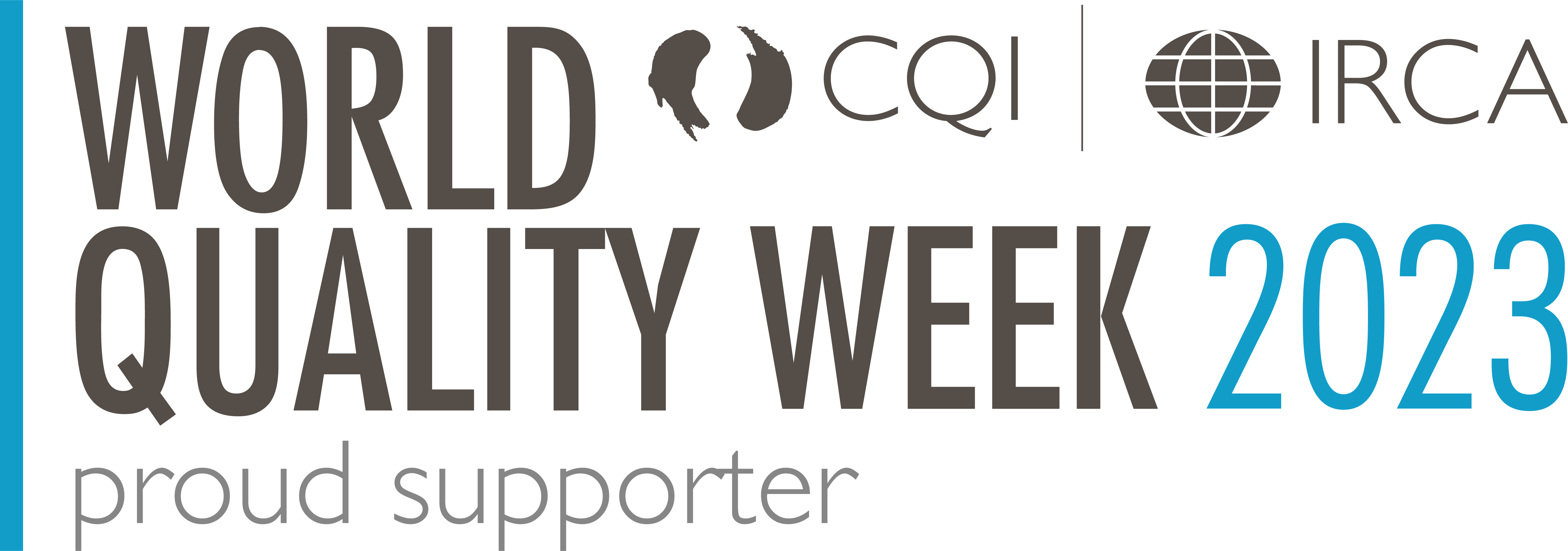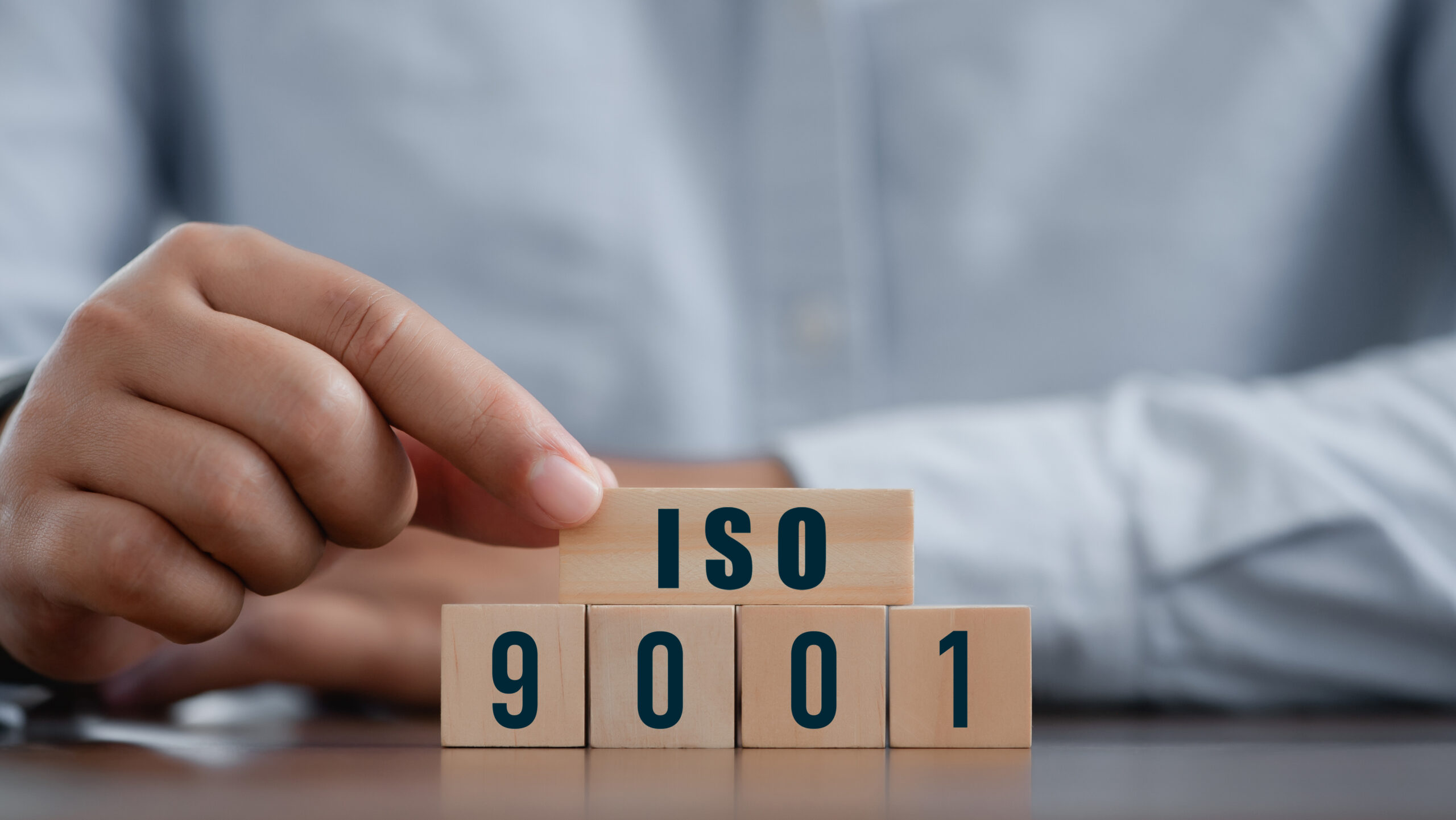- Two thirds of companies report a significant impact on their business.
- Two in three already invest in systems and technology to capture data.
- But half (49%) feel deterred from investing more.
Despite the financial impact experienced by many organisations during the pandemic, 9 in 10 companies across the UK, US and Canada now adopt ESG (Environmental, Social and Governance) considerations into their corporate strategy. Two thirds (67%) invest in systems and technology to obtain data and make progress measurable, according to new global research by Alcumus.
The trend is more pronounced among larger companies with 250 staff or more. Among those, 94% adopt ESG, and 71% have invested in systems and technology to capture data. While this is encouraging, half (49%) feel deterred from investing more into ESG. This is mainly due to a lack of technical understanding and guidance from regulators, named by 77% and 73% respectively.
David Picton, SVP of Sustainability at Alcumus says:
"These are still tough times, but companies are not just in survival mode, there is a clear focus on ‘building back better’ post-pandemic. Many are using the situation as a catalyst to revisit the viability of their business models and make changes to thrive in the future. Addressing ESG plays a key part in this, but to demonstrate long-term impact and change it is critical to have data and evidence.”
Among the 10% not currently incorporating ESG into their corporate strategy, two in five (43%) are looking to act within the next three years, and for good reason.
ESG impact is driving action, but challenges remain
The impact of ESG on companies surveyed is significant. Two in three (65%) report a large or very large impact, rising to three in four (73%) among larger businesses with over 250 employees. The majority (67%) expect this to increase in the years to come.
It is therefore not surprising that many companies have structured systems in place already to assess the three elements of ESG. Over half of respondents (53%, rising to 57% among larger firms) do and, of those who don’t, two thirds (66%) plan to introduce one. What’s particularly encouraging to see is that one in five respondents (21%) have even established science-based targets (SBTs), and equal amounts have decided not to bid for work on ESG grounds.
But despite systems and measurement in place, challenges remain. Across the board, the most significant challenges named by companies when it comes to ESG reporting are the increase of hybrid working, accessing data across the organisation and supply chain, and a lack of necessary tools and technology, named by 45%, 43%, 38% and 29% of respondents respectively. As a result, a data gap remains.
David Picton, SVP of Sustainability at Alcumus, says:
“Organisations are realising that without meaningful ESG standards they will struggle to attract customers, investors or employees in the future. ESG adoption is clearly now an irreversible global trend, but data will make all the difference to the credibility and authenticity of ESG reporting. Companies recognise this and as an industry we must work with them to make it happen.”
“At Alcumus we are leading the way with ESG data visibility, quality, transparency and the integration to operational processes. Our new management and analytics platform tracks 11 key ESG aspects, including Modern Slavery, Carbon, Waste, Anti-Bribery and Social Value – it’s the first of its kind to link material ESG factors such as these together into a single platform, aligned to international best practice to help larger companies to get better and smaller ones to get started.”
[1] Online survey with a sample of 621 businesses (207 in each of US, Canada and UK) conducted between 28 September and 11 October 2021 among senior managers working a role which demands knowledge of ESG or Sustainability requirements or processes for the business.






